Shifting Gender Attitudes in Tanzania
A field trial conducted in some of Arusha’s most disadvantaged communities suggests that engaging partners and husbands in women’s empowerment programmes encourages more equity in the household. Nuances and details below.
BARRIERS TO TANZANIAN WOMEN’S EMPOWERMENT
Tanzania has increased its focus on gender equality policies and programmes, which have played a critical role in the country’s more than 20 years of sustained economic growth. Women’s participation in the national labour force is now one of the highest on the continent, averaging 83%, which is well above the 63% of Sub-Saharan Africa. However, there is still a pressing need to further improve the quality of this inclusion, as currently reflected in women’s lower wages as workers, lower yields as farmers, and lower sales and profits as entrepreneurs.
Women still face multiple barriers, extending from time poverty (because of women’s primary responsibility for domestic and childcare obligations), inadequate education (which for many girls stops before they have even finished secondary school) and reproductive health pressures, to lack of assets and lack of access to financial services. In the case of agriculture, women face lack of access to labour, land and inputs such as fertiliser, while in the case of entrepreneurship, the barriers include a difficult legal and regulatory framework combined with lack of access to business development services.
Traditional gender roles and discriminatory social norms further restrict the role women are expected to play in the home and in the community, limiting their voices, decision-making power and agency. There is a huge gender divide in the local Maasai culture, which traditionally sees women taking on all childcare and domestic duties, while men act as the breadwinners, primary decision-makers, financial controllers – and sometimes the perpetrators of violence against women.
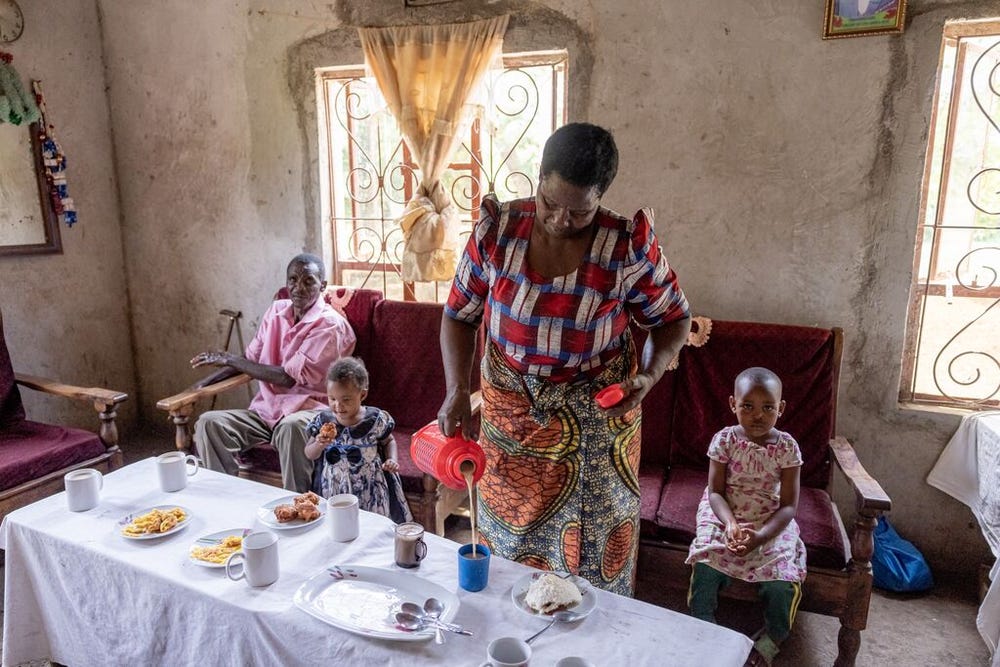
© Karin Schermbrucker/ Cartier Philanthropy
TRIALLING THE IMPACT OF ENGAGING PARTNERS AND HUSBANDS TO SUPPORT WOMEN
Between February 2019 and June 2023, Hand in Hand International conducted a field trial in some of Arusha’s most disadvantaged communities in partnership with the International Center for Research on Women (ICRW). Hand in Hand trains women in this northern region of Tanzania to launch and run profitable micro-businesses and become thriving entrepreneurs. Its programme includes self-help groups and business training with modules such as marketing and bookkeeping. It also provides access to credit and links to larger markets.
The ICRW field trial incorporated male engagement strategies and gender-specific training in Hand in Hand’s existing programme with the aim of understanding whether and to what extent the engagement of partners and husbands could foster an environment that supports women who are or aspire to become micro-entrepreneurs.
Three hundred rural women from the town of Mlangarini were trained using Hand in Hand’s enterprise development curriculum, enhanced with an additional set of gender-transformative modules designed by ICRW. The women’s partners and husbands were also trained using a newly developed men’s curriculum. In addition, couples participated in complementary couples’ sessions. During gender-segregated or gender-mixed group discussions or role plays forming part of these trainings, the participants were prompted to question basic assumptions about men and women’s traditional roles in society, for instance asking: Why is farming a woman’s job? Why shouldn’t a man do the laundry or take care of his child? Between training sessions, participants had to carry out practical exercises at home that would then be discussed the following week. A number of these exercises involved trading places with their partners and taking on some chores, like cleaning the house, sweeping, washing the family’s clothes, caring for the children, making the bed and preparing meals. For a man to perform these tasks (and in particular openly share the experience with other men) is considered a big taboo.
The trial also involved a “control group” in Nduruma, a small town in north-east Tanzania, where only the women received Hand in Hand’s gender equality and business skills training and the men did not.
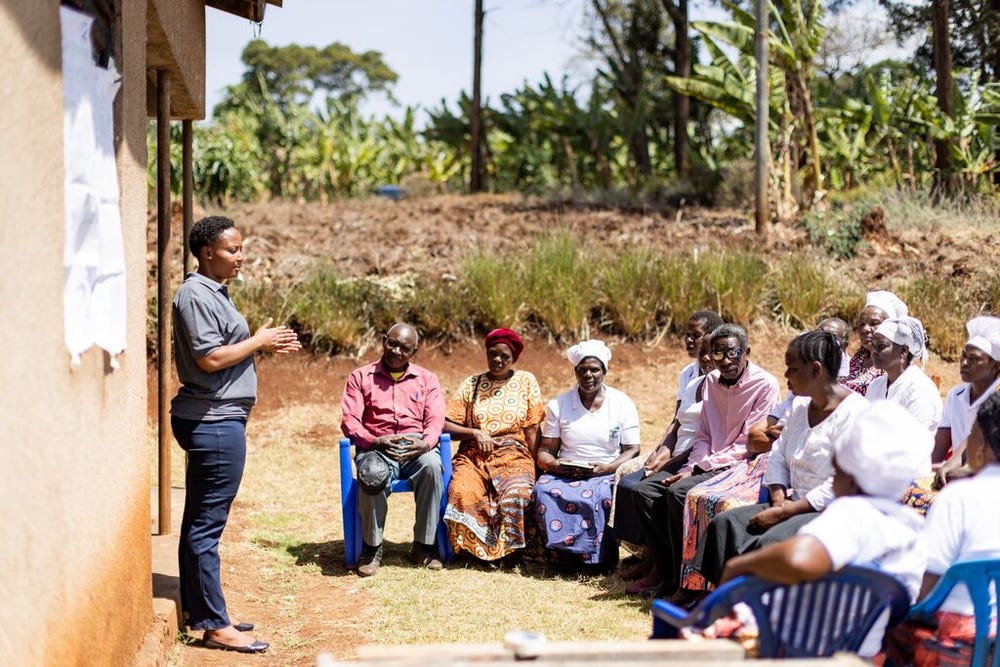
© Karin Schermbrucker/ Cartier Philanthropy
SHIFTING ATTITUDES: AN ENCOURAGING FIRST STEP
The complete trial’s findings will be published at the end of 2023, together with the results of a similar study that ICRW conducted in parallel with Women for Women in Rwanda.
Data collected from the experience in Tanzania suggest that male engagement has been critical to start shifting attitudes by, for instance, encouraging more equitable sharing of domestic tasks and decision-making. The amount of money women participants were able to save also increased by 49%. In comparison, the savings of women whose partners were not involved in the programme decreased by 43%. On the other hand, however, male engagement didn’t have a statistically significant impact on women’s opportunities to work outside the home or on their average earnings. ICRW’s researchers explain this by pointing out that transformations in attitudes are normally the “first step in the right direction” and that meaningful changes in behaviour require sustained efforts over many years, if not decades.
“Changing gender norms is a long-term, multi-generational process. Our research shows that when we engage males as partners and when they understand the burden of unpaid care on women, they are more open to sharing responsibilities in the home. However, achieving true equity will require the investment of time and resources as well as supportive laws and policies.” said Evelyne Opondo, ICRW Africa Director.
Concretely, the men who participated in the trial reported spending approximately one hour more per day on domestic work – including household chores and caring for children. While promising, it is notable that this was primarily expressed as men “helping” their wives or partners, and not yet taking full ownership of that work (which translated into only minimal changes in how women spend their time). Men were also less likely to agree with rigid gender stereotypes such as ‘A man should have the final word at home’ or ‘Caring for children is a woman’s responsibility’ and were less inclined to condone or justify the use of violence at home, once again indicating more gender-equitable attitudes.
Last February, Cartier Philanthropy visited the Hand in Hand team in Tanzania and met some of the couples taking part in the field trial. Here are their voices.

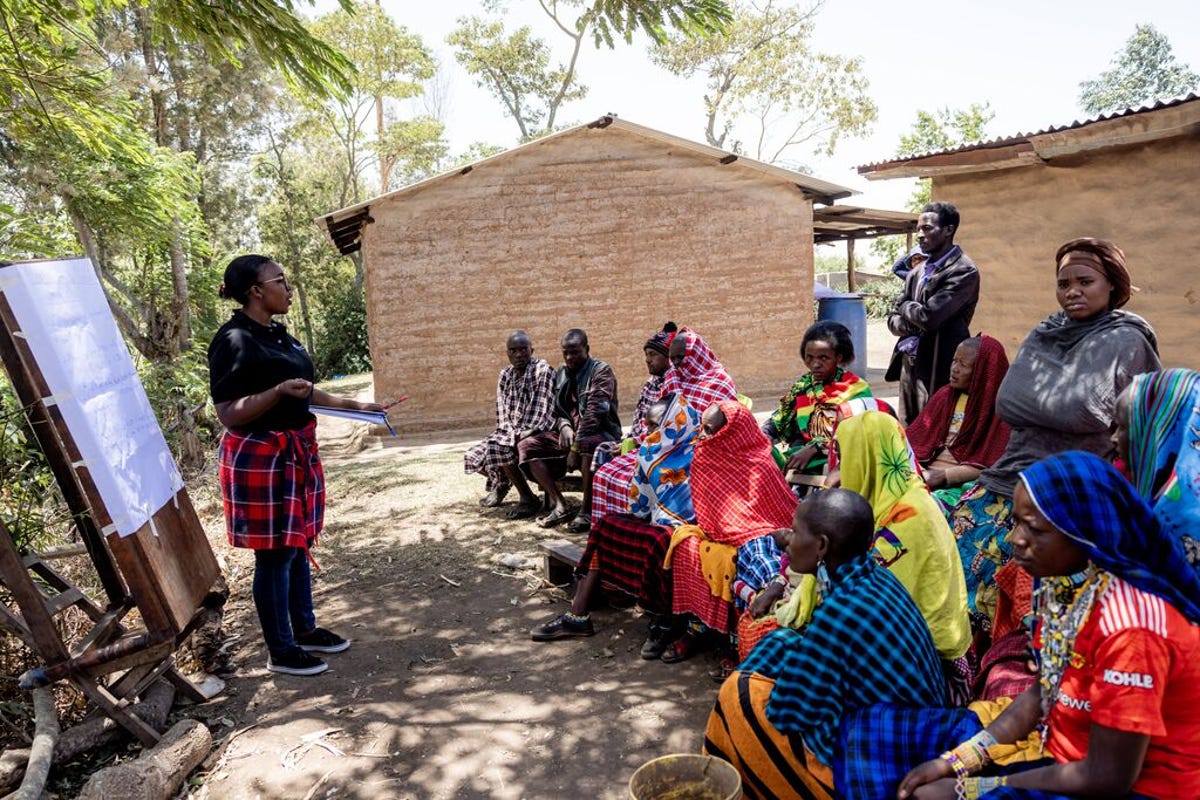
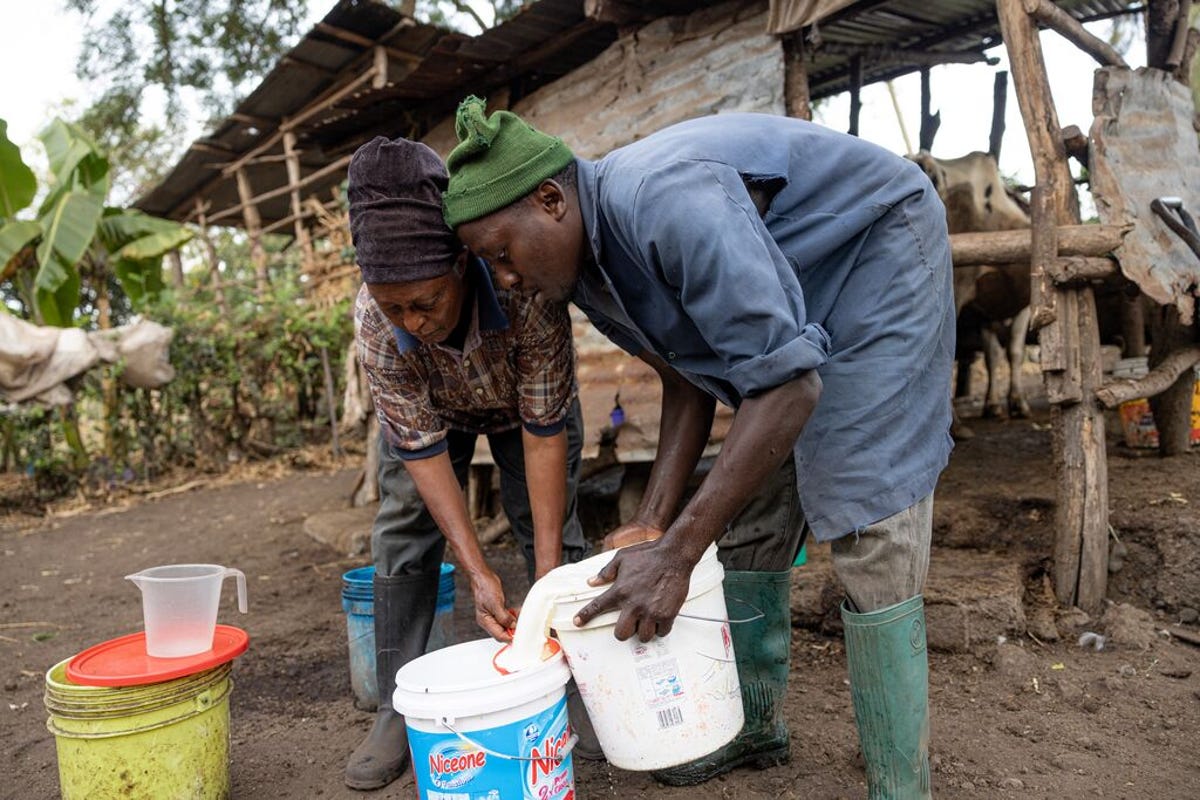
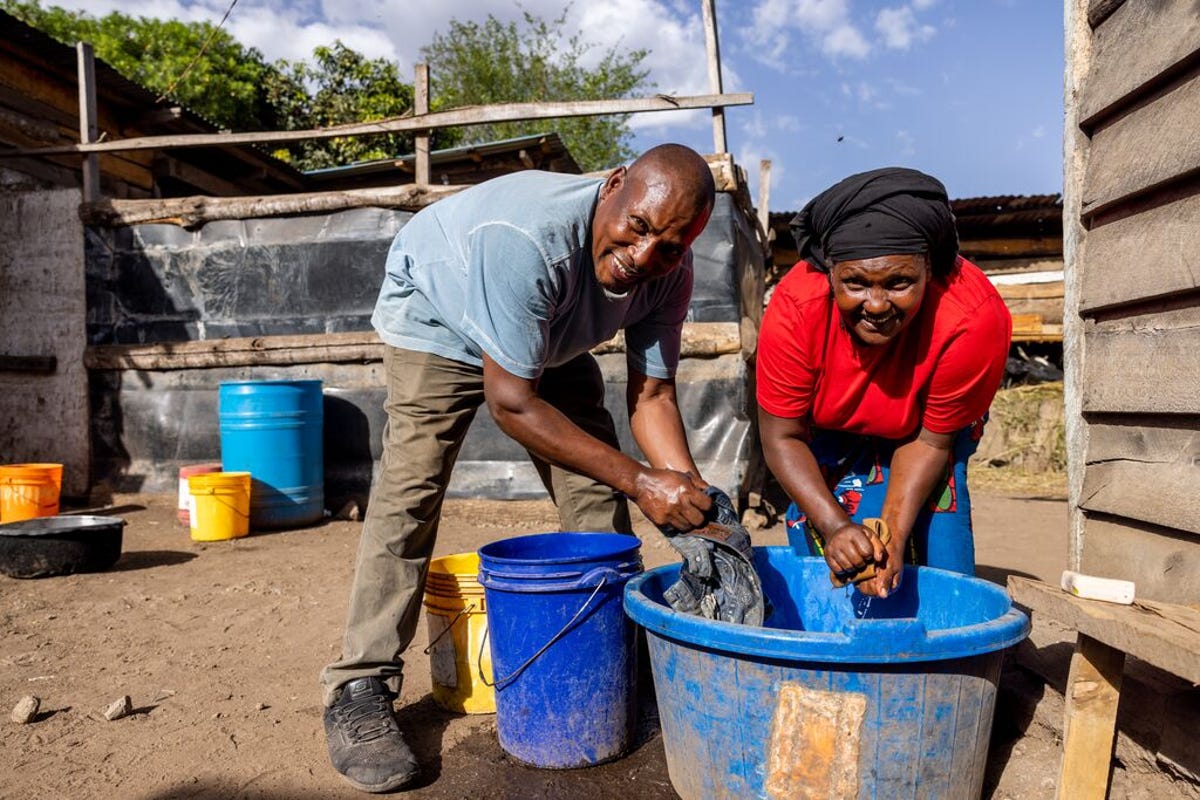
.jpg?&width=1200&quality=80&auto=webp)